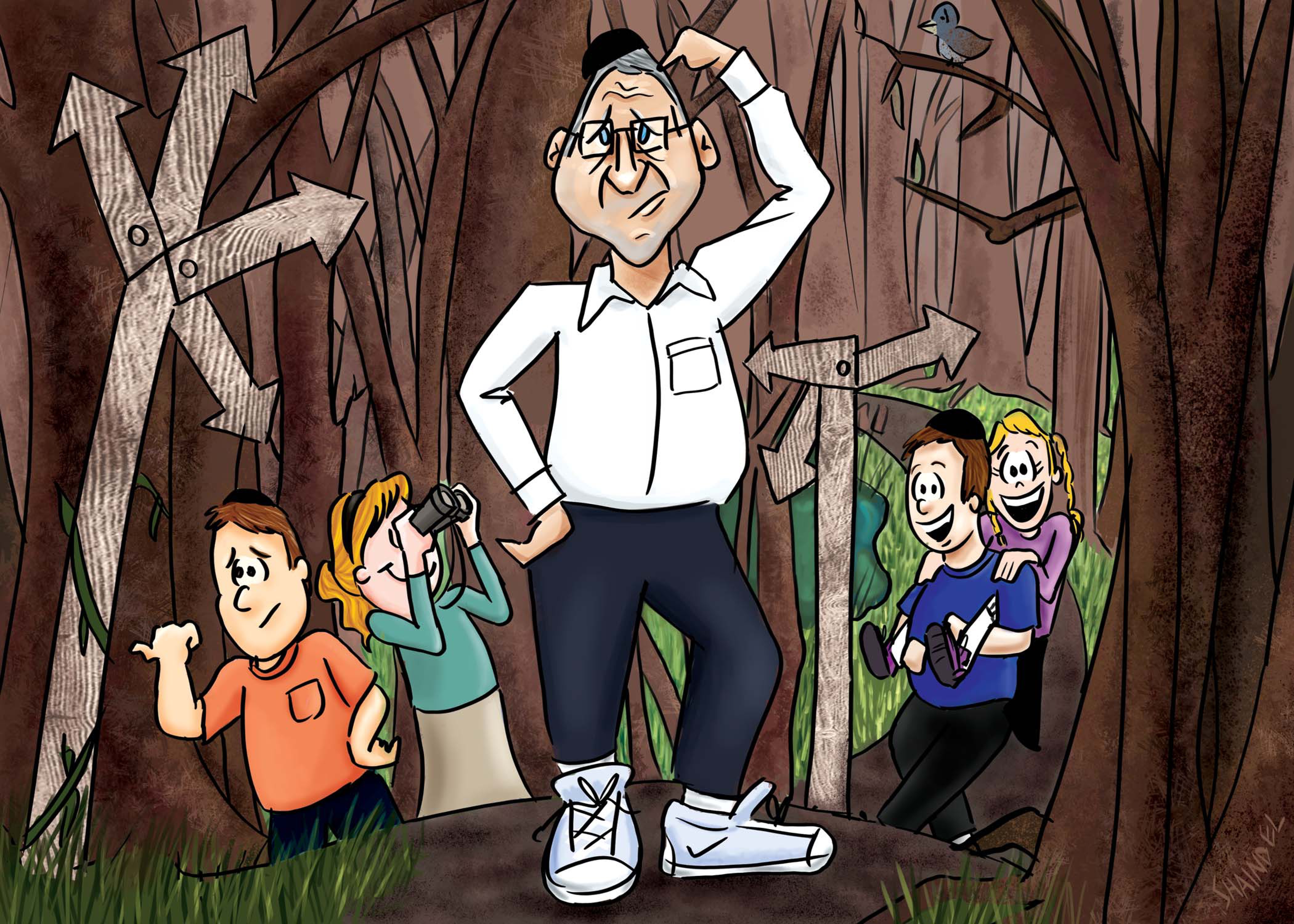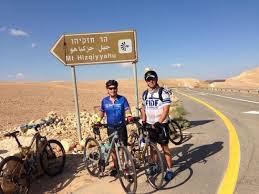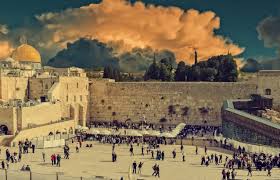“Listen, daughter, and see, and incline your ear, and forget your people and your father’s house.” (Psalms 45:11)
I first met Chana Mejia, age 54, when she came with some of her friends to a restaurant near Tel Aviv’s boardwalk and introduced herself and friends to a tour group from Baltimore led by Rabbi Dovid Katz. She “represented” the Filipino Jewish community in Israel and delivered an inspirational message of hope and faith. Many of us were quite moved by what the soft-spoken, diminutive lady had to say, and after she spoke, Mrs. Karen Katz approached me and said, “Sam, you have to write an article about this community for the Where What When!”
* * *
Getting a hold of Chana after that evening wasn’t easy. Finally, she suggested that I come to her upcoming Chanukah party and see the community for myself. I gladly accepted the offer.
The night of the party, I lit my menorah, grabbed a bite, and hurried off to Tel Aviv, exiting from the Ayalon Freeway onto the Kibbutz Galuyot ramp, where I made a right turn onto the main thoroughfare, Lechi Street. The adjoining side streets were dimly lit. The few people I saw outside didn’t even look Jewish: an Eritrean on a bicycle and a Ukrainian dragging a pushcart. It felt like I was back in Baltimore, crossing Northern Parkway, and I was nervous. Welcome to Hatikva, a rundown, working class neighborhood in Tel Aviv. The one-story dwellings were bunched together and quite modest, but the streets and sidewalks were clean. After making a U-turn, I made a right on Hatikva Street (how apropos!) and parked down the block. Then I searched for an address – she said it was near the community center – going through a maze of dark alleyways.












